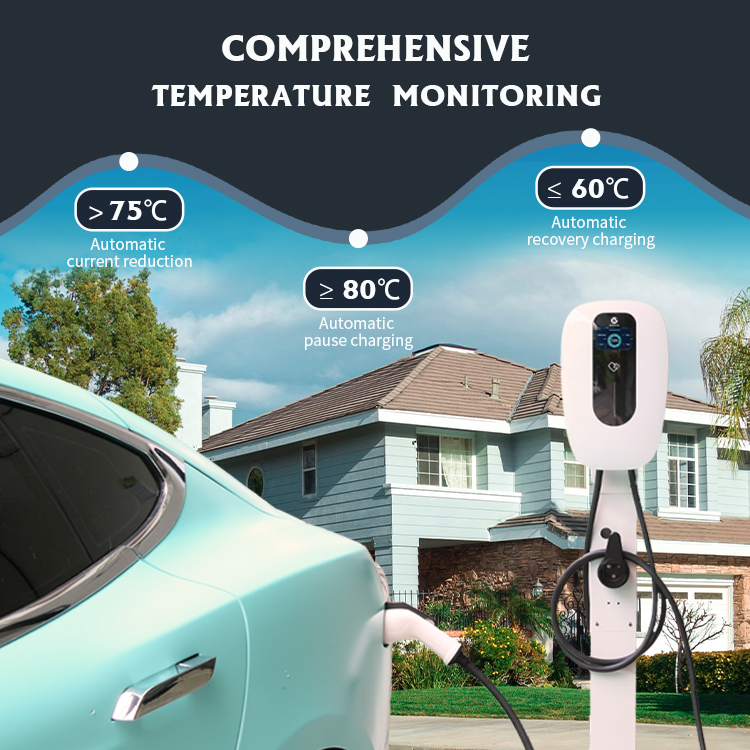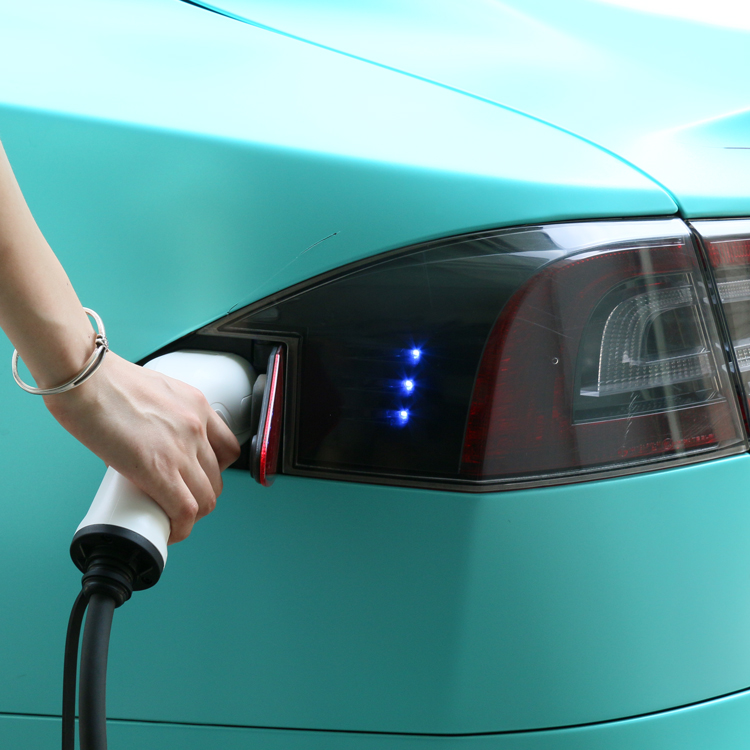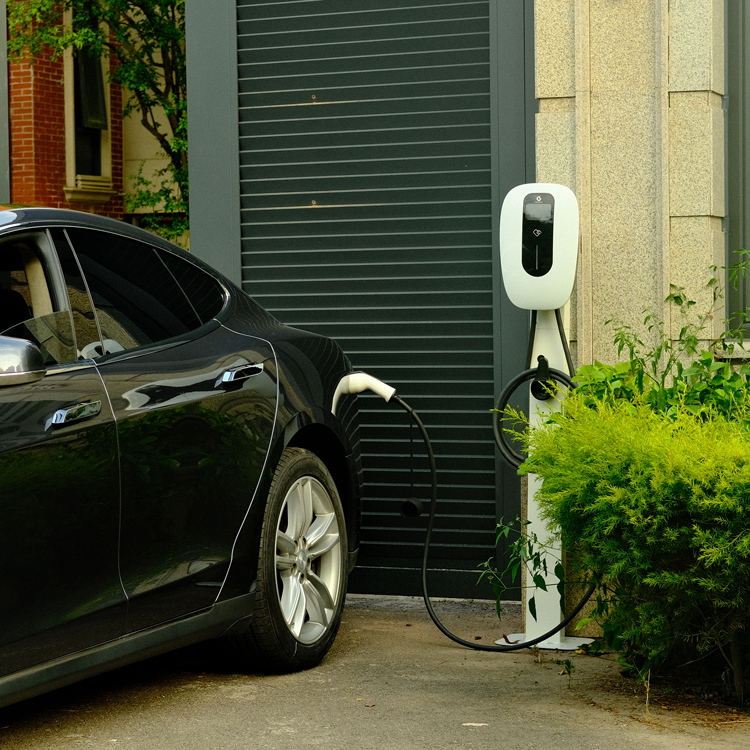As the global shift towards sustainable energy intensifies, Thailand has emerged as a key player in the Southeast Asian region with its ambitious strides in electric vehicle (EV) adoption. At the forefront of this green revolution is the development of a robust electric car charger infrastructure that aims to support and propel the growth of electric mobility within the country.
In recent years, Thailand has witnessed a surge in the demand for electric vehicles, driven by both environmental concerns and government initiatives promoting cleaner transportation solutions. In response to this growing trend, the Thai government has been actively investing in the development of an extensive network of electric car chargers, with a focus on creating an EV-friendly environment across the nation.
One of the pivotal milestones in Thailand’s electric car charger development is the collaboration between the government and private sector entities. Public-private partnerships have played a crucial role in funding and implementing charging infrastructure projects. This collaborative approach has not only accelerated the deployment of charging stations but has also diversified the types of charging solutions available to consumers.
Thailand’s commitment to sustainability is evident in its comprehensive EV roadmap, which includes plans to install a significant number of electric car chargers across urban and rural areas. The government aims to cater to the diverse needs of EV users by deploying various charging formats, such as slow chargers for overnight charging at home, fast chargers for quick top-ups, and ultra-fast chargers along major highways for long-distance travel.
The strategic placement of electric car chargers is another aspect that sets Thailand apart in the electric mobility landscape. Charging stations are strategically located in key areas such as shopping malls, business districts, and tourist destinations, ensuring that EV owners have convenient access to charging facilities during their daily routines and travels.
Moreover, the government has introduced incentives to encourage the private sector to participate actively in the development of electric car charging infrastructure. Incentives may include tax breaks, subsidies, and favorable regulations, fostering a favorable business environment for companies investing in the EV charging sector.
Thailand’s electric car charger development is not only about quantity but also quality. The country is embracing advanced charging technologies to enhance the charging experience for users. This includes the integration of smart charging solutions that allow users to monitor and control charging sessions remotely through mobile applications. Additionally, efforts are underway to deploy green energy sources to power these charging stations, further reducing the carbon footprint associated with electric vehicle use.
As Thailand accelerates its efforts to become a regional hub for electric mobility, the development of a robust electric car charger infrastructure remains a key priority. With the government’s unwavering commitment, coupled with the active involvement of the private sector, Thailand is poised to create an environment that not only promotes the widespread adoption of electric vehicles but also sets new standards for sustainable transportation in the Southeast Asian region.
Post time: Jan-02-2024







